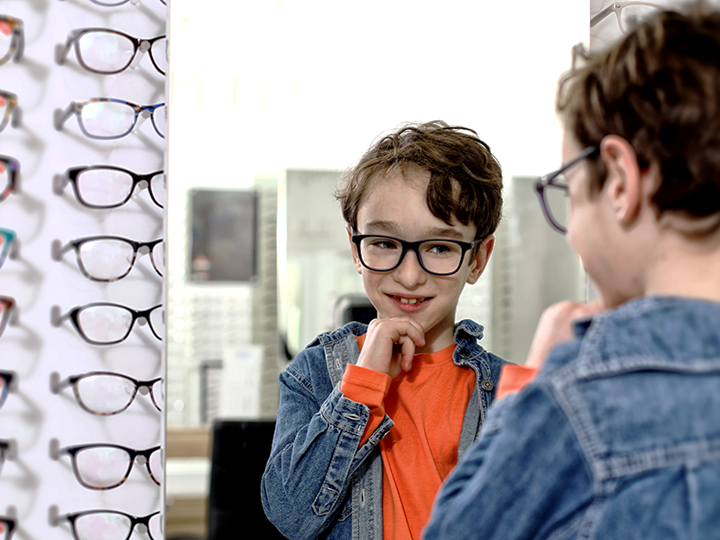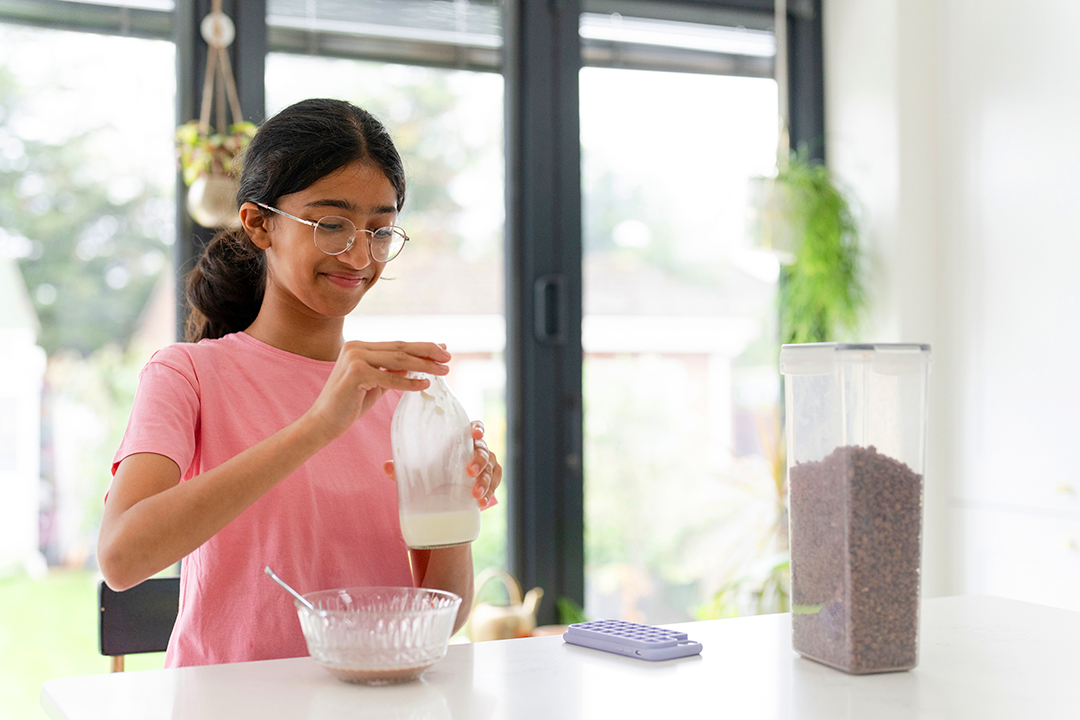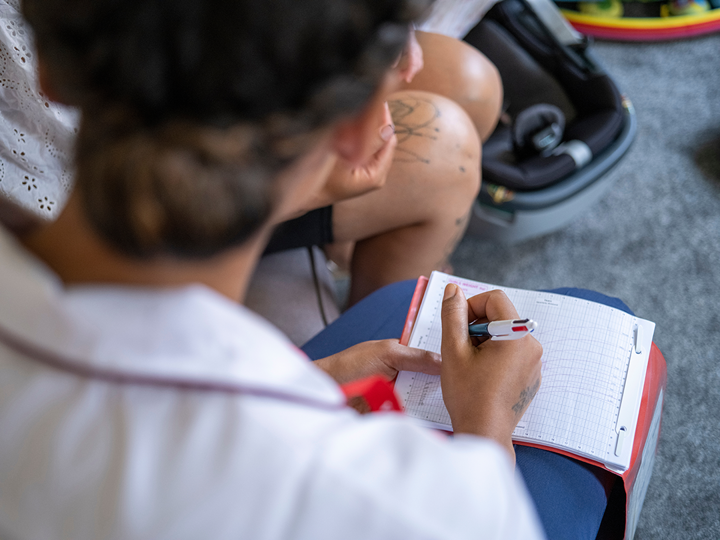Parents guide to glasses

Explore the topics on this page:
How to get glasses
An optometrist will need to look at your child's eyes and recommend they should wear glasses. You will be given a prescription form by the optometrist.
Take the prescription form to a registered optician or optometrist. You can look at frames for your child. They will measure your child for frames.
An appointment at an opticians is not generally necessary. This is because the prescription form will include details of the strength and type of lenses for your child.
How often glasses should be worn
Glasses should be worn all the time, unless we tell you differently. We recommend telling your child's school of this. You will need to ensure the glasses fit properly. But your child should be able wear their glasses to play and take part in PE lessons.
Your child should remove their glasses for sleep, rough play and sports like rugby. Their glasses should be put back on as soon as possible.
Glasses lenses can easily get scratched, so they should be put into a case whenever they are taken off.

The cost of glasses
You can get a free pair of glasses using a NHS voucher. The completed prescription form will also serve as a voucher towards a pair of glasses.
The voucher does not cover:
- thinner lenses
- tinted lenses
- lens coatings
The exact value of the NHS voucher will depend on the strength of the lenses required for your child. If your child requires a higher prescription, their NHS voucher will be higher to cover the costs. Read more about NHS voucher values.
You may find visiting many opticians to be helpful. Each opticians will have a different range of frames for your child to choose from. Children are more likely to want to wear glasses that they have helped to choose.
We recommend that you do not buy expensive frames for your child. Children are likely to grow out of them quickly.
If want to spend money on your child's frames, lenses or add-ons for their glasses, you are not limited by the voucher. You can spend money on top of the voucher.
Beware of paying extra for add-ons:
- Scratch resistant coatings on lenses will only resist minor scratches.
- Anti-reflective coatings on lenses will only help very short-sighted people.
- Insurance policies may not cover the kind of damage your child will do to their glasses. Read the insurance policy carefully to check what is covered.
Repairs and replacements
Your child's glasses are likely to get damaged at some point. Accidents happen, even to careful children. At some stage, your child's glasses will need to be repaired or replaced.
If your child's glasses get damaged, contact your opticians. An NHS repair voucher can be used to cover the costs of the repair or replacement. There may be some cases where the repair will need more than one NHS repair voucher.
If you are having trouble with getting your child’s glasses repaired or replaced at your opticians please contact the Eye Clinic on 0300 555 0606.
Last reviewed: 1 November, 2024

